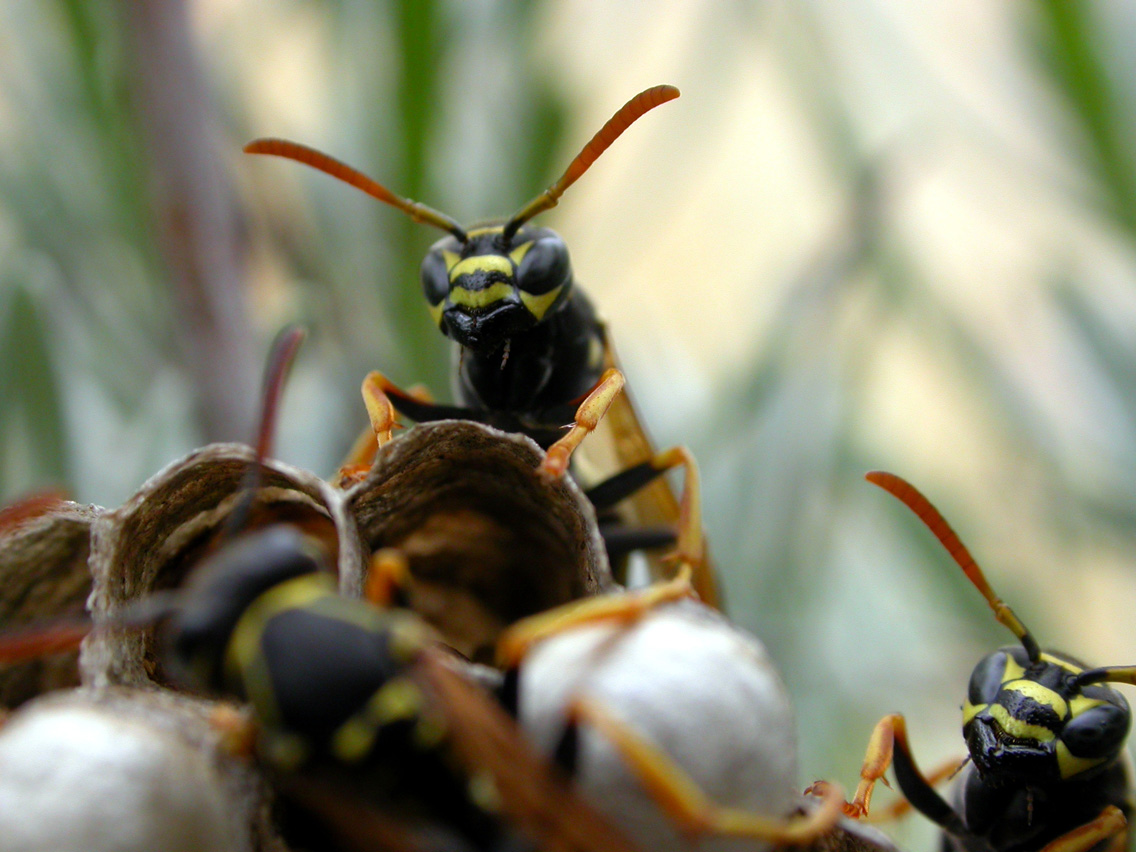Much like using other insects to control the pests in your garden, there are many homemade remedies that have been proven to be very efficient in preventing grubs, slugs and insects from causing havoc to your plants and vegetables. Homemade remedies are fairly inexpensive, and many prefer to use this method as a way of knowing exactly what products are being used in their garden.
Some examples of homemade remedies used to treat pests effectively can include:
Canola oil and ivory soap spray – By mixing one table spoon of the oil with a few drops of ivory soap into water, this can then be sprayed onto plants, smothering soft-bodied insects such as mites, aphids and mealybugs to deter them from ruining your plants and flowers.
Milky Spore – For your lawn or garden grubs, there is a natural remedy named milky spore. These are granules in which are spread onto the soil, causing grubs to contract a disease that kills them. This only affects the grubs however, as it multiplies and sits inactive for a period of time, waiting for the lawn pests to infect. Just one treatment of milky spore is said to last up to 40 years, therefore this is a cost-effective way of controlling the grubs in your garden naturally.
Baking soda – Baking soda can be mixed with water and sprayed onto the affected areas, although this is only effective for fungal areas and will need to be repeated every few days until the problem has ceased.
Diatomaceous Earth – Sprinkling this earth over your plants and around the edges of garden beds can prevent earwigs, slugs and other soft-bodied garden pests as the particles are very small and sharp. Furthermore, insects cannot become immune to this remedy as it is a mechanical killer as opposed to a chemical one.
Cedar oil – Cedar has been known to repel many different types of pests, including fleas. It can be purchased in many forms, including an oil extract, shampoo and is even available as a sleeping mat.
Will these natural remedies kill beneficial insects as well as pests?
Natural sprays in which kill harmful pests can unfortunately also kill beneficial insects. The homemade remedies should be used selectively, only spraying the plants that are infected. They should be applied early in the morning or just before dark, due to this being the most effective time to treat pests as they are more active. Protective clothing should always be worn when spraying the pesticides, noting that the treatment should be reapplied after it rains.
What are the weaknesses of organic pest control?
Although many consistently use and depend on natural homemade remedies and other insects to protect their plants and vegetables, there are some weaknesses when they are compared with the use of insecticides and pesticides.
As capable as some insects are in eliminating pests, it can be difficult to maintain the area in which they inhabit your garden. They can frequently venture into your neighbours’ property or even try to find a home of their own. Ladybirds in particular have been known to be bothersome in certain regions, often attempting to search for another habitat such as your home to overwinter. This is when adult ladybirds spend winter in a dormant state, known as ‘overwintering’. Although they are not dangerous insects, they can be considered to be a nuisance in large numbers and have been known to emit an unpleasant odour. Despite the fact insecticides and pesticides are believed to be a toxic and unnatural approach to pest control, they are undeniably reliable in eradicating numerous pests both quickly and efficiently.
Is it possible to treat pests naturally and effectively?
There is no definitive answer, as homemade remedies have been proven to be effective for garden use, in addition to the use of other insects acting as a valuable method of pest control. However, it can be said that treating pests organically can only prove to be effective to a certain degree, and is highly dependent on factors such as the type of pest and size of the infestation treated, including the environment in which they are located. Pesticides and insecticides are still, and will continue to be used widely due to their ability to eradicate even the largest of infestations, this method will undoubtedly continue to hold long term benefits in which can outweigh the weaknesses and uncertainty of natural pest control.
If you have a pest problem in your domestic or commercial property, then call a professional pest controller that is fully qualified in the handling of both pesticides and insecticides, to ensure your property is pest free in no time.





